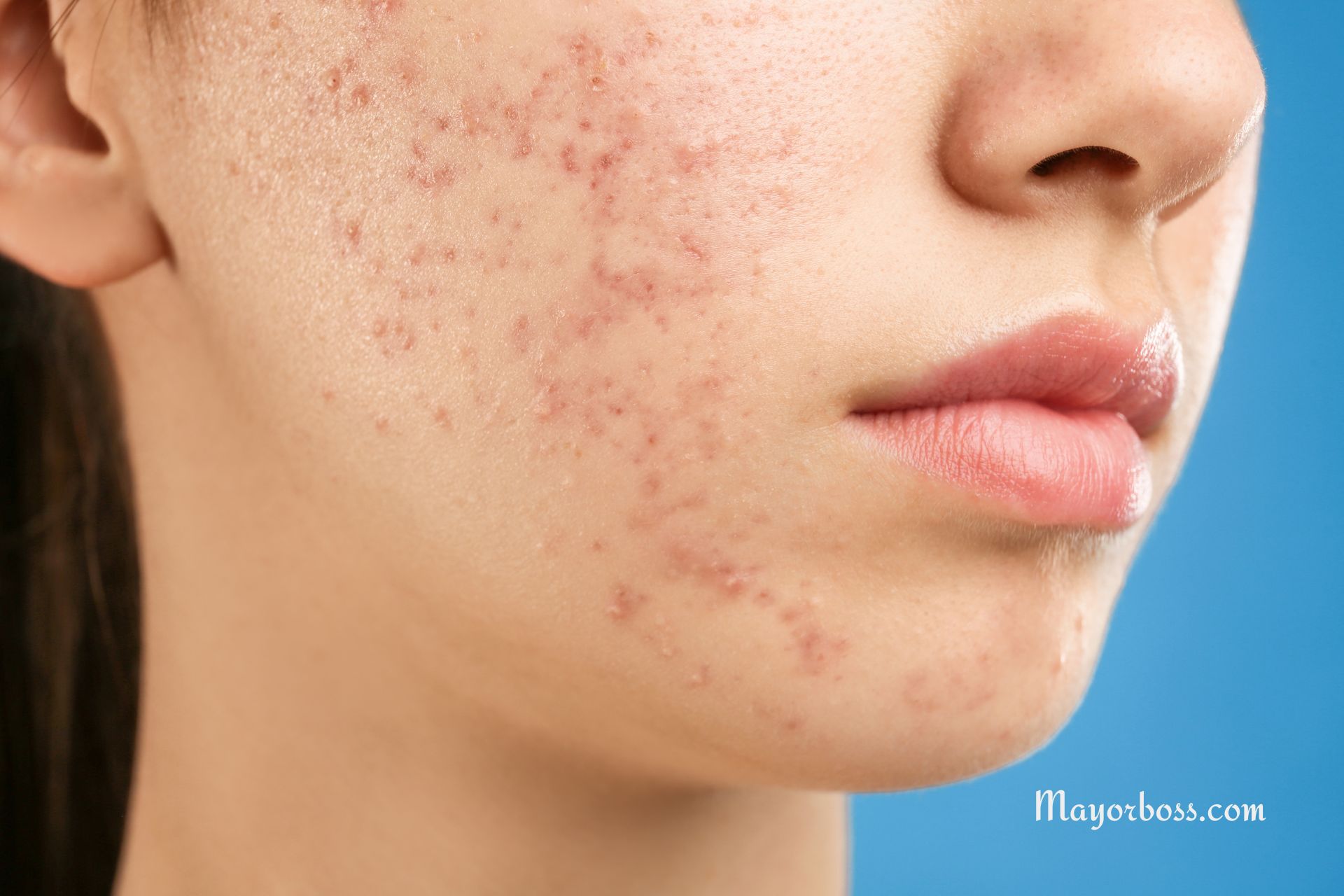Health Risks of Not Bathing: What Happens If You Don’t Shower
Bathing is a daily activity that many of us frankly take for granted. It cleans our skin, removes dirt, and reduces germs. When you skip bathing for long periods, you may face health risks. This article explains these risks.

The Role of Bathing in Personal Hygiene
Bathing removes sweat, oils, and dirt that build up on your skin. Daily activities, physical exertion, and the environment expose you to bacteria and pollutants. Washing helps clear these substances away. Without proper bathing, these substances accumulate, creating a warm and moist environment that bacteria and fungi can use to grow.
Skin Problems and Irritation
Your skin is the body’s largest organ and acts as a barrier against infection. When you do not shower, oils and dead skin cells pile up. This buildup can block pores and lead to skin conditions such as acne and dermatitis. The longer these substances remain on your skin, the more likely you are to develop inflammation and irritation.
Acne and Bacterial Infections
The accumulation of oil and bacteria can cause acne. Bacteria such as Propionibacterium acnes thrive in clogged pores, leading to breakouts. Regular bathing helps wash away these bacteria. Without it, the risk of skin infections increases. In some cases, untreated skin infections can worsen and require medical treatment.
Fungal Infections
A damp and unclean environment on your skin can also invite fungal growth. Fungi like Candida and Dermatophytes cause infections. Conditions such as athlete’s foot and ringworm are examples. Keeping your skin clean helps control the growth of these fungi. Regular bathing, drying well, and using clean clothes after a shower reduce these risks.
Body Odor and Social Implications
Sweat itself is odorless. The unpleasant smell associated with not bathing comes from bacteria breaking down sweat. When you skip showers, bacteria have time to break down sweat and produce strong odors. Body odor can affect your personal relationships and work environment. Regular bathing helps minimize these odors and supports a positive self-image.
Increased Risk of Infections
Your skin acts as a barrier to pathogens. Dirt, sweat, and oils can compromise this barrier. When you do not bathe, harmful bacteria, viruses, and fungi can more easily enter your body through small cuts or abrasions. Infections that might start on the skin can sometimes become more serious if they spread to other parts of the body.
Wound Infections
Small cuts and scrapes are common. Without regular cleaning, bacteria can enter these wounds. Infections may start as redness or swelling and may progress to more serious conditions if left untreated. Washing the skin daily and treating any wounds with care helps reduce these risks.
Systemic Health Concerns
While most infections begin on the skin, there is a chance for bacteria to enter the bloodstream, especially in individuals with weakened immune systems. Although rare, these infections can cause systemic illness. For those with chronic conditions like diabetes, proper hygiene is even more important to prevent complications.
Impact on Mental Health
Personal hygiene is closely linked to mental well-being. Regular bathing can help maintain a sense of routine and self-care. Skipping showers may lead to feelings of neglect or low self-esteem. Poor hygiene can also affect social interactions. Feeling unclean or embarrassed by body odor can increase stress and anxiety. Maintaining good hygiene helps support both physical and mental health.
Practical Tips to Maintain Good Hygiene
Good hygiene is simple when you follow a few basic steps:
- Shower Regularly: Aim to bathe at least once a day. Adjust this frequency based on your activity level and climate.
- Use Mild Soap: Choose a soap that cleans without stripping your skin of natural oils. This helps maintain skin health.
- Dry Thoroughly: After bathing, dry your skin completely. Moist skin can invite bacteria and fungi.
- Wear Clean Clothes: Change into clean clothes after bathing to prevent reintroducing dirt and bacteria.
- Monitor Your Skin: Look for signs of irritation or infection. Early detection of skin problems helps in prompt treatment.
